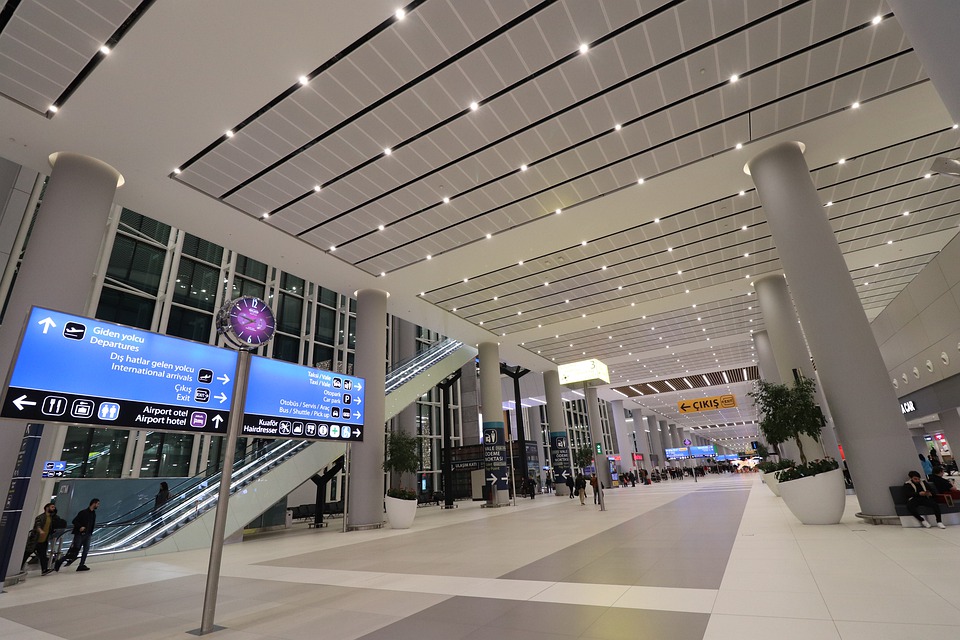Media release
From:
Modelling disease transmission from touchscreen user interfaces
The extensive use of public touchscreens interfaces has made them plausible instruments of touch-mediated disease transmission. We model the risk of infection from contaminated touchscreens by simulating a real-world scenario; using airport self check-in and bag-drop machines. A counter-intuitive result was that the infection risk decreased with increased touch rates required for touchscreen interaction. Additionally, as one of few parameters to be controlled, the rate of cleaning/disinfecting screens plays an essential role in mitigating R, though alternative technological strategies could prove more effective. The simulation model developed provides a foundation for future advances in more sophisticated disease-transmission modelling.
Pack your bags – This study modelled the infection risk of contaminated touchscreens in airport self check-in and bag-drop machines, and found the R rate decreased with touch screen use. The rate of cleaning and disinfecting screens plays an essential role in mitigating the R rate, the authors said.



 International
International



